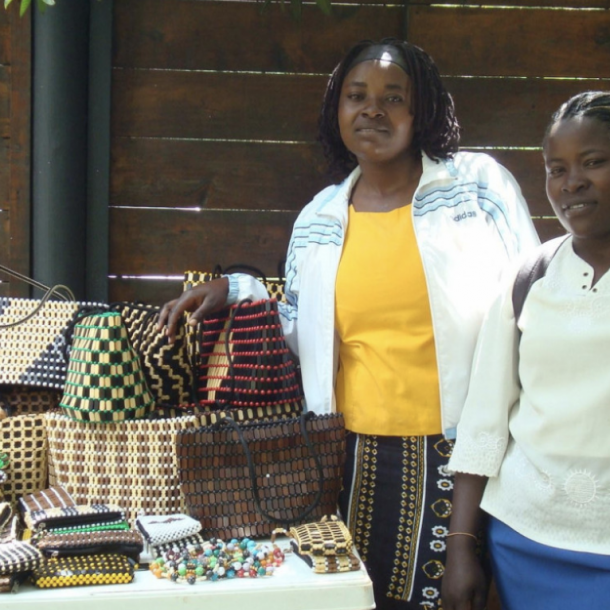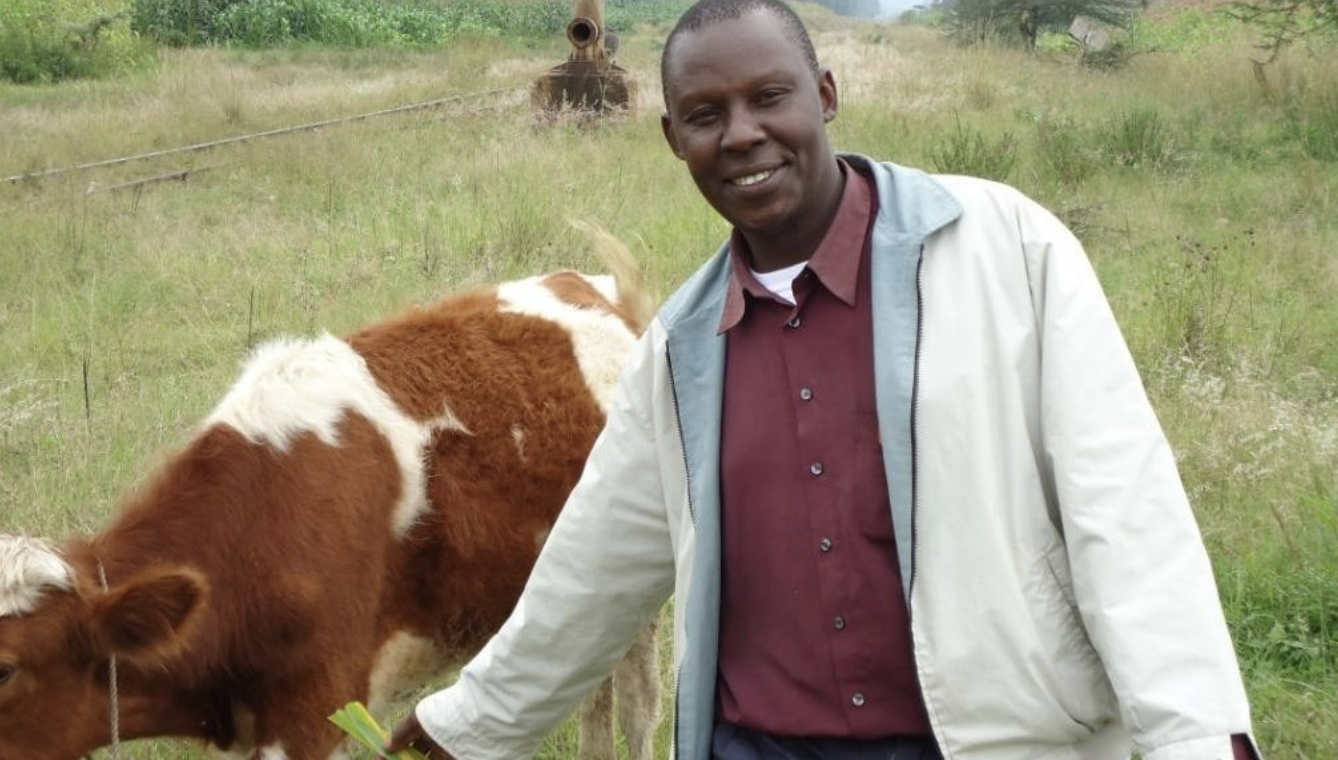Growing up, I always sensed the Kenyan people’s natural entrepreneurial spirit fostered by a jovial and optimistic demeanor. When I think of entrepreneurship in Kenya, I think about the maid who left our family to enroll in a catering class; I think about our first driver, who always strove to achieve, and who now is part of the transportation team of Kenya’s Vice President. But among these feelings of joviality and optimism, I did also feel Mombasa’s dark side. Poorly maintained roads, the spread of diseases such as malaria, and issues of crime and safety, all combine to put a significant damper of people’s potential. And Kenya has such great potential; its people, its strategic location and natural resources all make it a land of vast opportunity.
This is personal for me. In Mombasa, our family had a maid for more than a decade. We saw her raise a son and work hard to provide him with an education. Isn’t that what anyone would want in a parent; a mother who works hard to give her son a better life? She recently passed away; she was HIV positive though we didn’t come to know until just a few weeks before. She was on medication; apparently that wasn’t enough. I know that people like her deserve better, they deserve a chance to start up their own small business or trade, or to get an education and strive further and do better.
So, there I was, crying after hearing the news of our maid’s passing; feeling that a huge injustice had been done. She had been there when I was growing up; she was part of our family. And she deserved better. So, I decided to do something. Anything, to give back, in her name. And that’s how I found Zidisha.
Initially, I was skeptical about microfinance. I remember writing a letter to the editor to my college newspaper contending that ‘any credit system requires the creditor to pay back what they owe’. How could poor borrowers with little material possessions repay their microloans if their endeavor does not work out? The financial success of a borrower is not guaranteed. So, to make up for this weakness, commercial microfinance institutions charge high interest rates to compensate for the risk and make a profit. But Zidisha’s model is different.
Zidisha’s non-profit, crowdsourcing microfinance approach allows multiple individuals to contribute to a single small business loan while charging low interests rates on the loan. This crowd-sourced loan allows you, the lender, to diversify your philanthropic lending portfolio over different people, businesses and locations, which helps reduce the risk of losing your entire lending capital. So, loans in the hundreds and thousands of dollars will find funding from many different individual contributing to the loan. Additionally, Zidisha’s network of borrowers and volunteer relationship managers give us Zidisha members insight into how our money benefits that small business in Kenya. Lastly, Zidisha requires that potential borrowers go through at least one credit check, which helps establish some loan repayment capacity. Zidisha allows me to recycle my charitable capital; as my loans get paid back, I will continue lending out money thereby magnifying the effectiveness of my charitable giving. It’s a great model.


